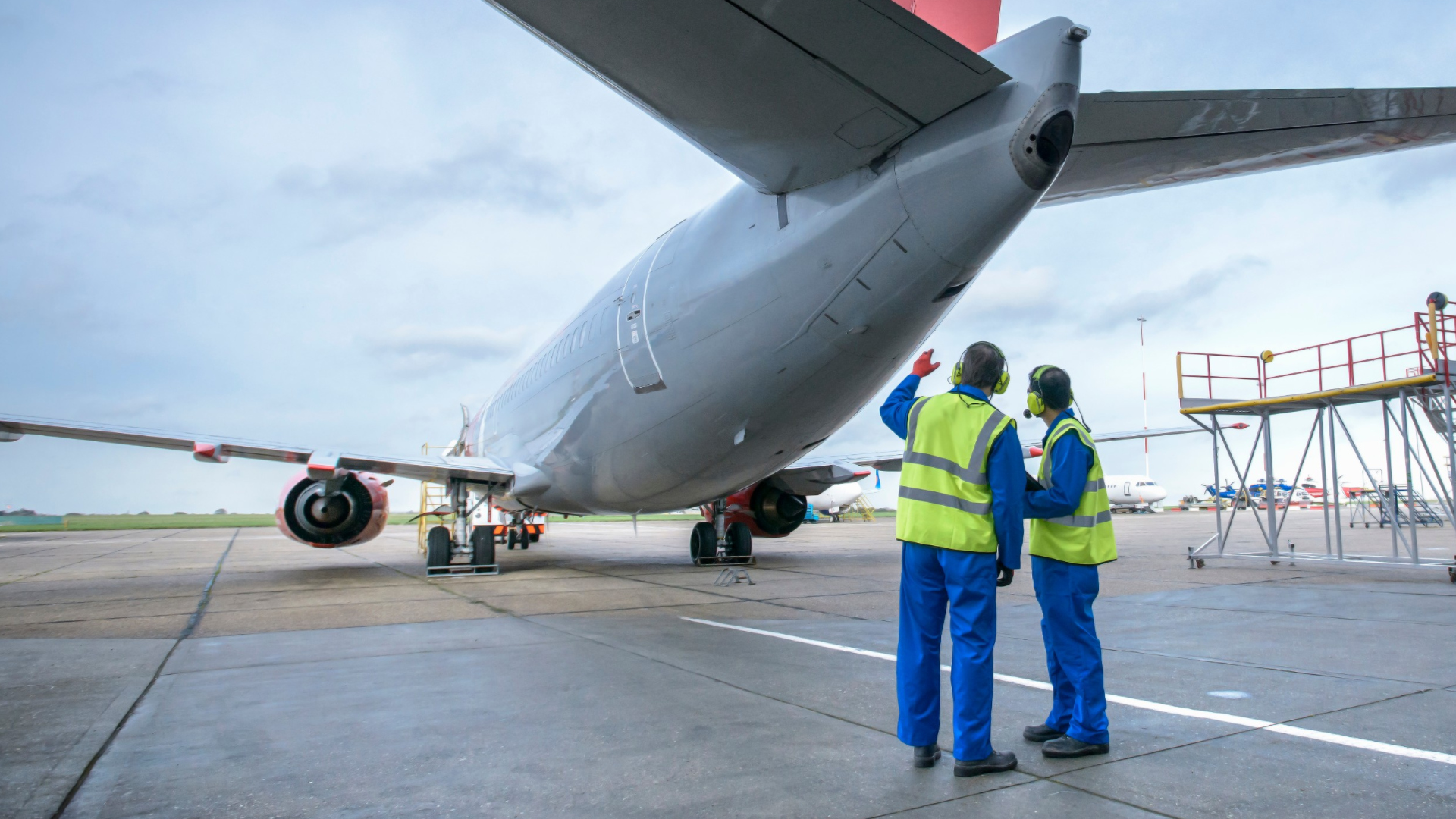Transportation Vehicle, Equipment & Systems Inspectors
Carman, Inspector, Smog Technician, Transit Vehicle Inspector
 Select a military branch to see samples.
Select a military branch to see samples.
Aerospace Ground Equipment; Aerospace Ground Equipment Helper; Ground Transportation Apprentice; Ground Transportation Manager; Missile And Space Facilities Craftsman; Missile Facility Manager; Mission Generation Vehicular Equipment Maintenance Craftsman; Mission Generation Vehicular Equipment Maintenance Journeyman, Firefighting and Refueling Vehicle and Equipment Maintenance; Traffic Management Operations; Traffic Management Operations Journeyman
AH-64 Attack Helicopter Repairer; Aircraft Powerplant Repairer; Airdrop Systems Technician; Cavalry Scout; Combat Medic Specialist; Intelligence Analyst; Maintenance Supervisor; Self Propelled Artillery Systems Mechanic; Senior Maintenance Supervisor; UH-60 Helicopter Repairer/Aircrew Member
Aviation Engineering Specialty; Aviation Maintenance Technician
Aircraft Maintenance (Rotary-Wing); Automotive Maintenance Technician; Engineer Equipment Mechanic; Fuel and Electrical Systems Mechanic; Heavy Ordnance Vehicle Repairer/Technician; Helicopter Crew Chief, UH-1; Helicopter Power Plants Mechanic, T-58; Light Armored Vehicle (LAV) Repairer/Technician; Ordnance Vehicle Maintenance Chief; Utilities Chief
Aviation Safety Officer
No similar titles were found.
What they do:
Inspect and monitor transportation equipment, vehicles, or systems to ensure compliance with regulations and safety standards.
On the job, you would:
- Inspect vehicles or other equipment for evidence of abuse, damage, or mechanical malfunction.
- Inspect vehicles or equipment to ensure compliance with rules, standards, or regulations.
- Inspect repairs to transportation vehicles or equipment to ensure that repair work was performed properly.
Knowledge
Engineering and Technology
- mechanical
Transportation
- movement of people or goods by air, rail, sea, or road
Arts and Humanities
- English language
Safety and Government
- public safety and security
Skills
Basic Skills
- listening to others, not interrupting, and asking good questions
- reading work related information
Problem Solving
- noticing a problem and figuring out the best way to solve it
Abilities
Verbal
- listen and understand what people say
- communicate by speaking
Hand and Finger Use
- keep your arm or hand steady
Personality
People interested in this work like activities that include practical, hands-on problems and solutions.
They do well at jobs that need:
- Cautiousness
- Integrity
- Attention to Detail
- Dependability
- Stress Tolerance
- Achievement Orientation
Technology
You might use software like this on the job:
Data base user interface and query software
- Commercial driver's license information system CDLIS
- Structured query language SQL
Presentation software
- Microsoft PowerPoint
Spreadsheet software
- Microsoft Excel
Education
Education: (rated 2 of 5)
high school diploma/GED or
no high school diploma/GED
usually needed
no high school diploma/GED
usually needed
Job Outlook
Below Average
New job opportunities are less likely in the future.
Explore More
- Aviation Inspectors
- Construction & Building Inspectors
- Inspectors, Testers, Sorters, Samplers, & Weighers
- Locomotive Engineers
- Transportation Inspectors
You might like a career in one of these industries:
See more details at O*NET OnLine about Transportation Vehicle, Equipment & Systems Inspectors.






